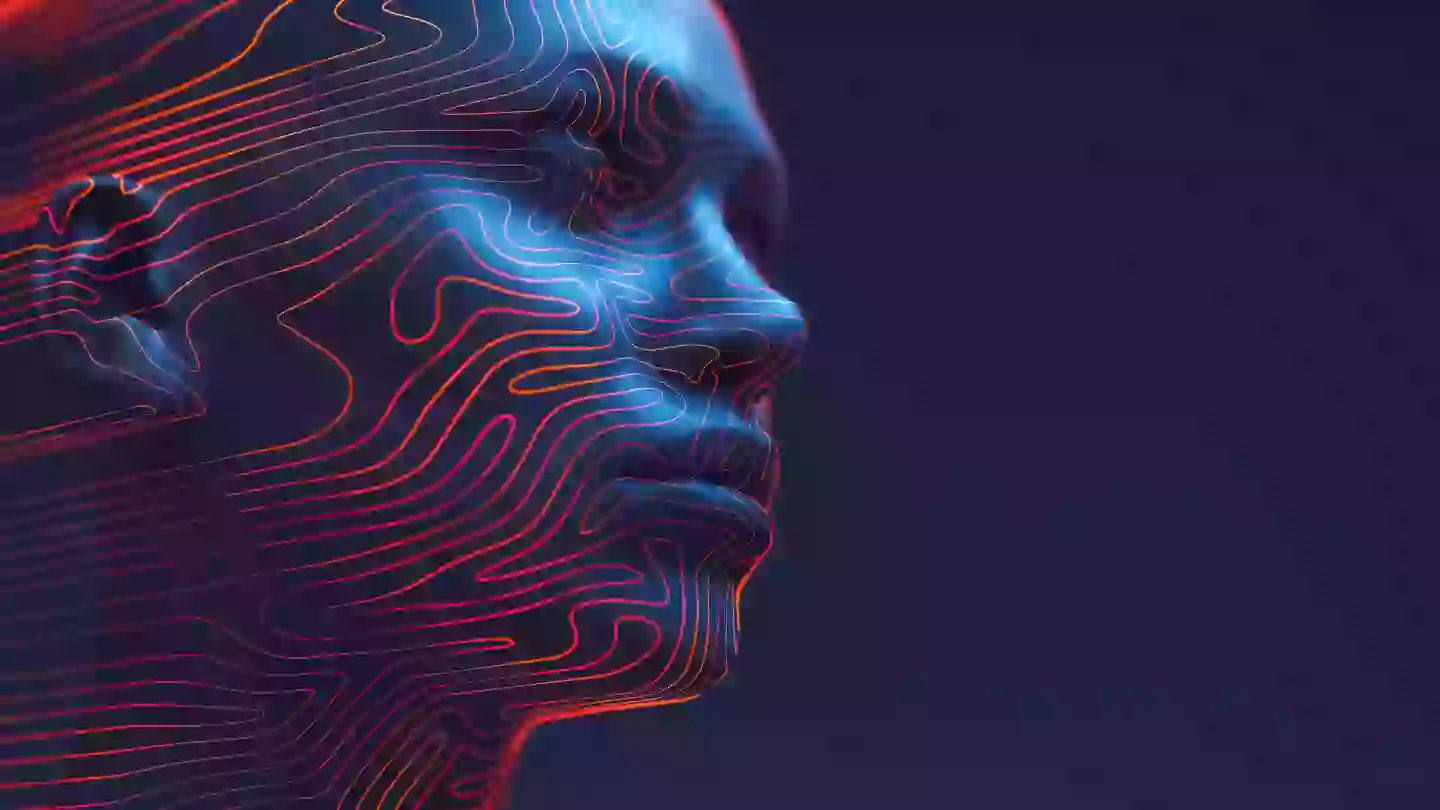
Experts have revealed that a specific type of person is more likely to forget someone's face after meeting them.
While it is found to be common with this condition, it's worth also noting that it could just be a case of being generally forgetful - so keep that in mind.
Prosopagnosia, also known as face blindness, can affect people differently and can be caused by a number of conditions, including brain damage, Alzheimer's Disease or if you are autistic (via the NHS).
Advert
However, a 2023 study published in the Journal of Personality, revealed that narcissists are also less likely to remember a face.

According to Psychology Today, narcissists tend to stick to the people around them as the source of the attention they crave, so taking in new information, such as faces, isn't really a priority for them - so researchers ran two experiments to test out the theory.
During the first test, participants were shown 40 different faces for three seconds each, and after completing some distraction tasks, they were then shown the same 40 faces, as well as 40 new ones, with their job being to identify which faces they had seen before.
Advert
The second experiment followed the exact same principle as the first, but the faces were switched upside down instead.
And the results were clear - people with high narcissistic traits were the worst at identifying the faces they had seen previously.
They re-conducted the experiment with inanimate objects, such as household items and cars, to see if the outcome was the same.

Advert
And researchers were surprised to find that those with narcissistic traits had worse recall for the objects than the faces.
Miranda Giacomin, the study’s lead author, explained why (via SPSP): "If people focus more on themselves, they may spend less time attending to other information.
"Devoting attention to oneself may inhibit noticing, recognising, or remembering what is happening elsewhere, leaving narcissists particularly prone to miss and subsequently fail to remember events occurring around them."
To make sure the evidence was concrete, they also tested the theory on 187 undergraduate students by making them watch an online lecture with their webcams on, so that their own image in the bottom corner of the screen.
Advert
Researchers then timed how long each participant looked at themselves instead of the presenter - and the theory was similarly proven correct.
Participants with high narcissism traits stared far more at themselves than the lecture than those on the lower end, with a memory test revealing that they'd actually retained less information because they were so distracted.
Topics: Science, True Life, Mental Health
